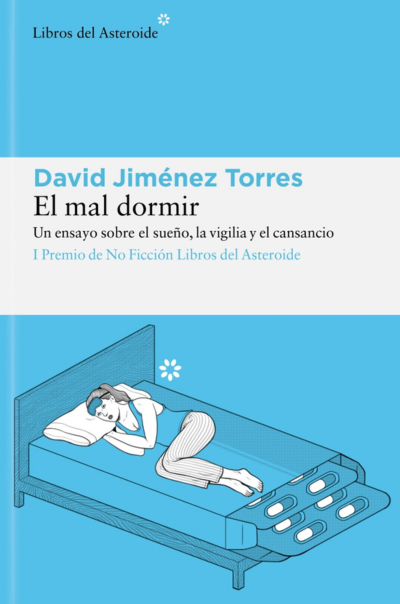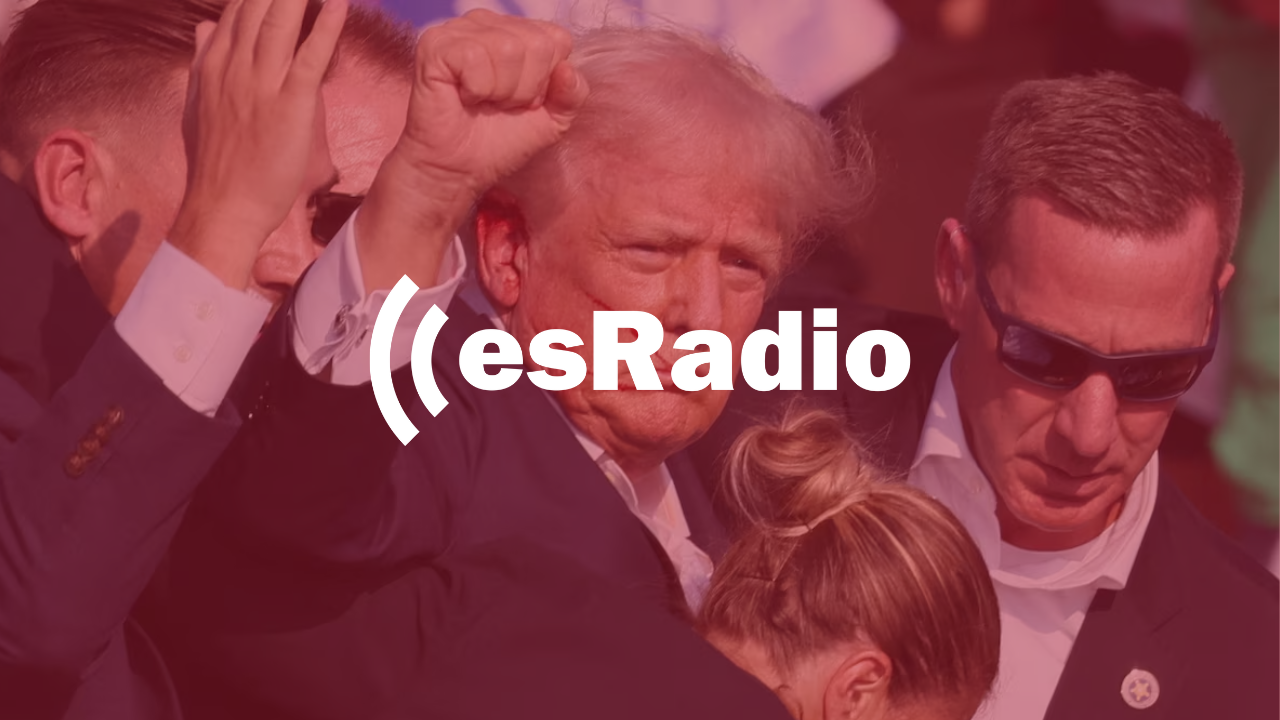A few days ago, it was finally announced that Francoism will be prosecuted in courts. The apology for such an abject way of “thinking” will be punished, according to socialist spokeswoman and tough negotiator Adriana Lastra. The new coalition government, brimming with dignity, has arrived to restore our routine, without the constant feeling, annoying as the buzz of a fly, of listening to odes to a tyrant. He has come to impose calm through chaos. Of course, without further delay, the usual people from the most objective media outlets have come to their TV studios to defend the deed of the Executive. “There the cavemen writhing in their caves”, they think, looking at the camera and reciting the usual script like a Christmas carol. Freedom of expression, they say, has limits, including praises of a dictatorial regime. We therefore have, according to our enviable intellectuals, to copy Germany, which prohibited the apology for National Socialism, setting an example for the rest of the world and spreading indignity on those who dare to criticise its decision.
Regulating freedom is always a complicated matter. Using the vast knowledge of social engineering gained over decades, the improbable but never impossible idea that such maneuvers will be used against us comes to mind. The first to raise the voice of alarm among progressives has been Errejón, an apprentice of the illustrious vice president. I do not know if the comrade from Más País says it out of true conviction or the imperative need to be different from others which suffocates his political formation. However, to open this type of debate is always healthy.
Sarcasm is fine, but you can’t live out of it. The politicians we scoff at in pub conversations take real action, just as real as the increasing censorship suffered by those who choose to distance themselves from «progressivism» —not to be confused with progress, please. I will not be the one to support Francoism, but I will in no way endorse censorship against anyone who thinks it was a success, be it political, economic or social. As the philosopher Roger Scruton said, although applied to another context, the left believes that the right is evil, while the right is convinced that the left is simply wrong.
We must build a serious debate about what is permissible in a liberal society
Censorship is despicable, both morally for not respecting the freedom of others —in the end, tolerance is demonstrated by respecting those who do not think like us— and from a utilitarian point of view, since what is prohibited is attractive, and the censorship of an idea will only give one some air of exclusivity imposed by the government in its unstoppable race to stay in power.
Freedom of expression is an end in and of itself, but also a means to achieve a tolerant and respectful society with those who are different from us. That is, an adult society. Contrary to what many believe, Popper only admitted intolerance towards the intolerant when they reached violence, but not when they manifested it through abominable words, as most current fascists do who, like it or not, do not use it to achieve goals.
We must then build a serious debate on what is permissible in a liberal society, based on arguments and not on ad populum and simplistic fallacies. Freedom of expression is protected by tolerating those with whom we strongly disagree and who may even wish to censor us for our ideas. It is not an easy challenge, of course, but it is the right thing to do and, knowing it, we must fight for it. Let’s keep in mind that nobody will do it for us and the consequences of not doing it will affect everyone. The open society, the real one, needs to be defended against those who, in the name of tolerance, exercise its absolute antonym.






